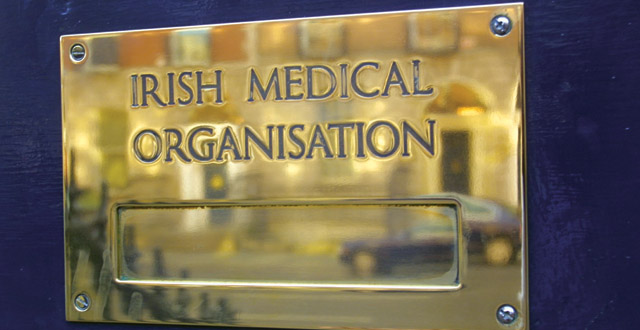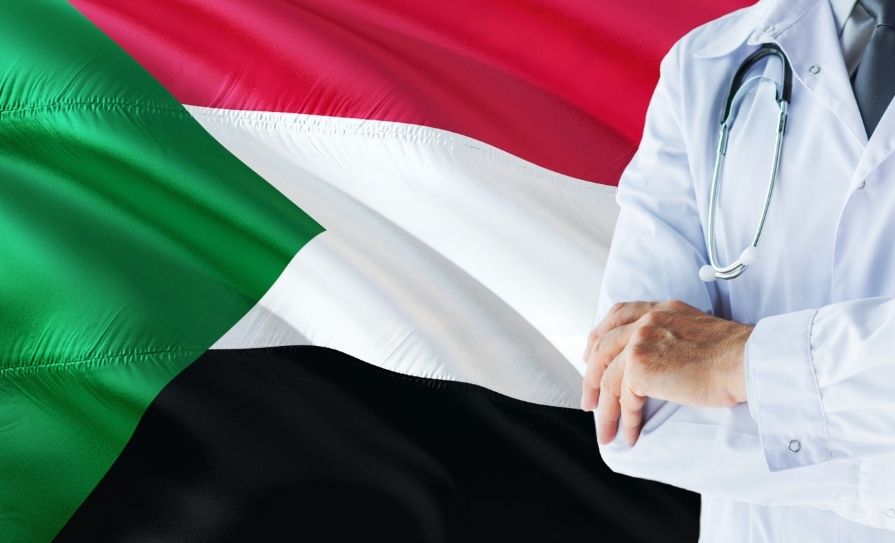The new President of the IMO has warned that the health services are facing a series of crises including unacceptable waiting lists, an exhausted workforce, poor morale and major problems with recruitment and retention of doctors.
Dr Clive Kilgallen said the coming year would be critical for patients as there is a “pent-up post-Covid demand” for treatments and care.
Dr Kilgallen was making his inaugural address to the IMO AGM, which took place yesterday (28 May) in the Aviva Stadium in Dublin. This was the first in-person AGM held by the IMO since 2019 as Covid forced the cancellation of the meetings in 2020 and 2021.
Dr Kilgallen also confirmed that the NCHD ballot for industrial action will continue with the result expected on 9 June next.
He noted that the Minister for Health, who had addressed the AGM earlier, had accepted the arguments of the IMO that the situation facing NCHDs was – in the words of the Minister – “completely unacceptable”.
Dr Kilgallen said it was now up to the HSE and Department of Health to commence negotiations with the IMO to resolve these serious issues.
Dr Kilgallen said that the Covid-19 pandemic exposed the fragility of the health system.
While he said heroic efforts had been made to manage the crisis over the past two years, the reality after Covid was the same as the reality before Covid. All sections of the health services are under pressure following years of under-resourcing.
Dr Kilgallen said the country needs an additional 1,600 general practitioners in the next six years. In the acute hospital sector, there are almost 850 unfilled consultant positions and the National Doctors Training and Planning division in the HSE estimates that we will need an extra 2,000 consultants by 2029.
He also pointed out how mental health has always been underfunded and suffers greatly and the numbers of public health and community health doctor numbers are only half of what are needed.
On NCHDs, Dr. Kilgallen said “these doctors are the future of our medical services. Without NCHDs, there will be no future general practitioners, consultants or public health doctors.
“When I listen to their stories, they feel forgotten. They feel they are being treated with contempt. They feel that they do not matter.
“As we have heard in their own powerful words today and in recent weeks, many of our NCHDs are working between 70 and 80 hours a week; with many of them working shifts of more than 24 hours. They are not even being paid fully for the hours they work. The current contract simply does not meet the needs of the NCHDs or the reality of the new demographics of the medical workforce. We don’t want industrial action – nobody does, but something has to give. And let me be very clear, the NCHD dispute has the absolute support of doctors across the country”.













Leave a Reply
You must be logged in to post a comment.